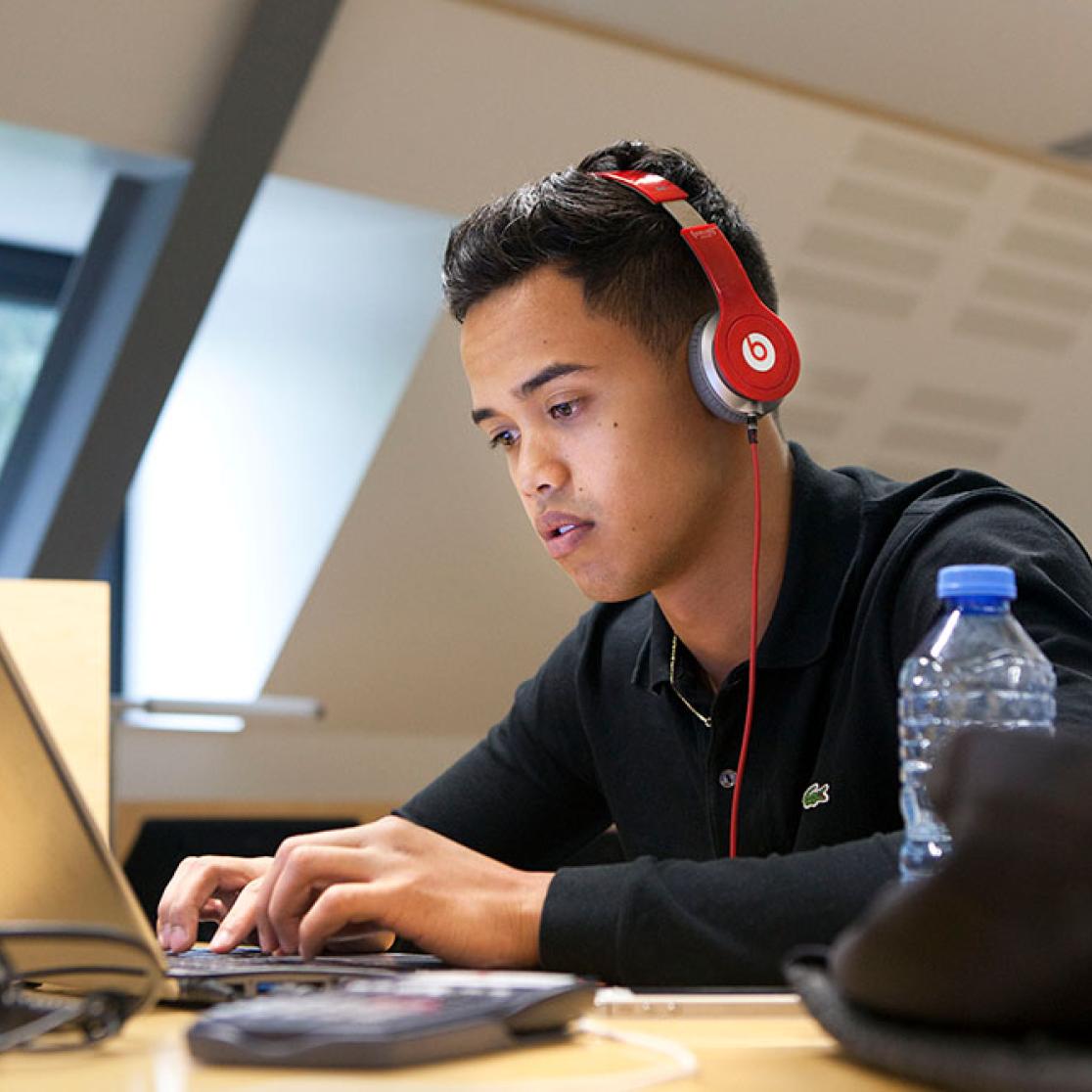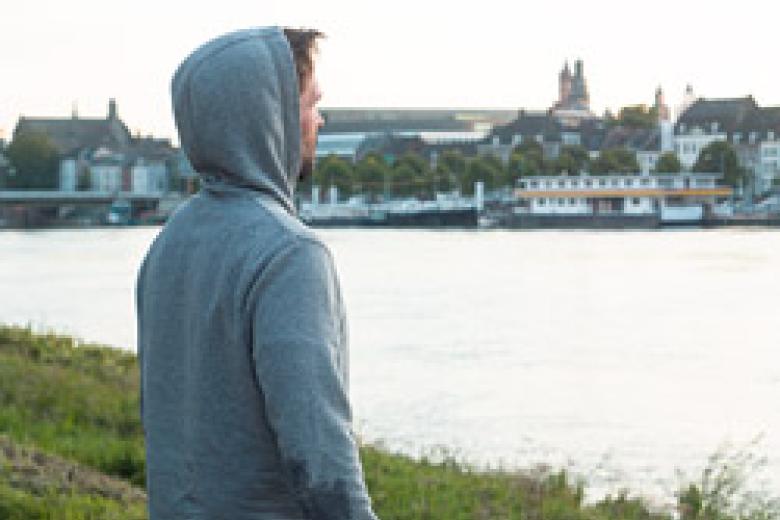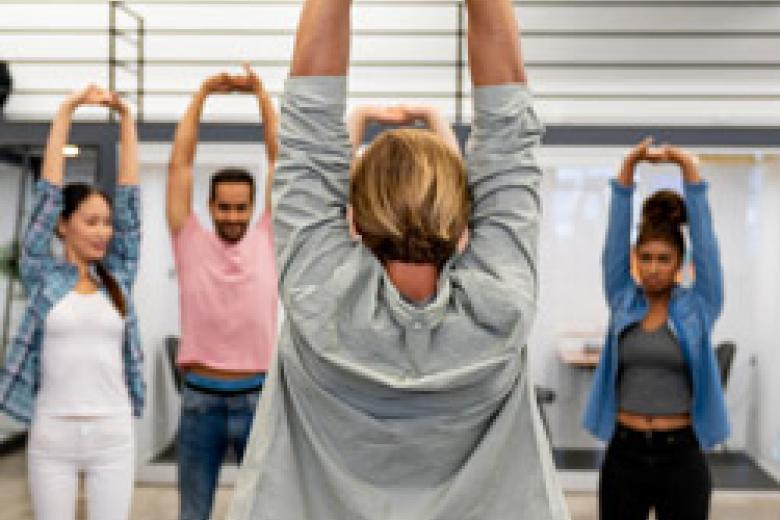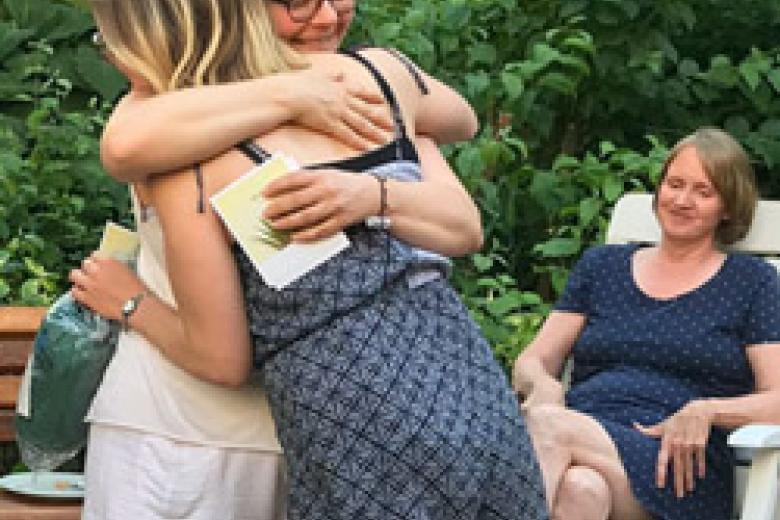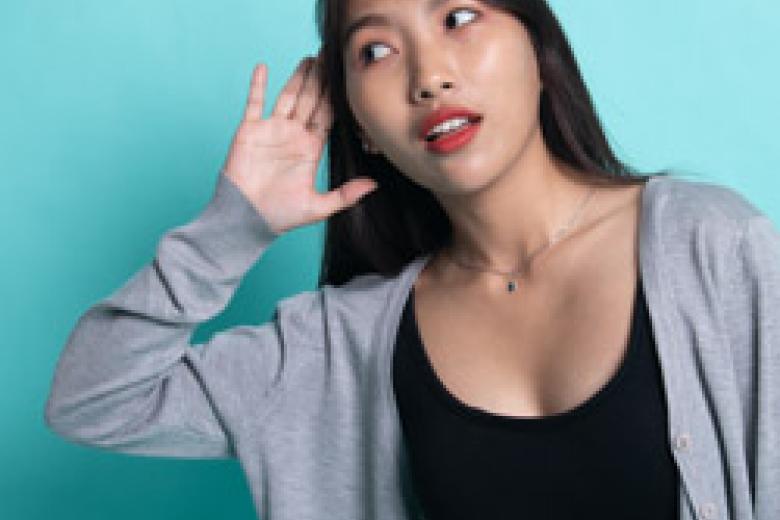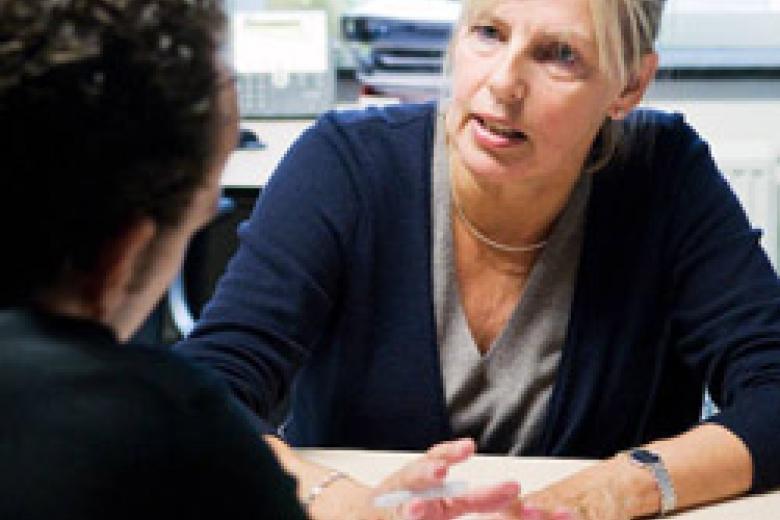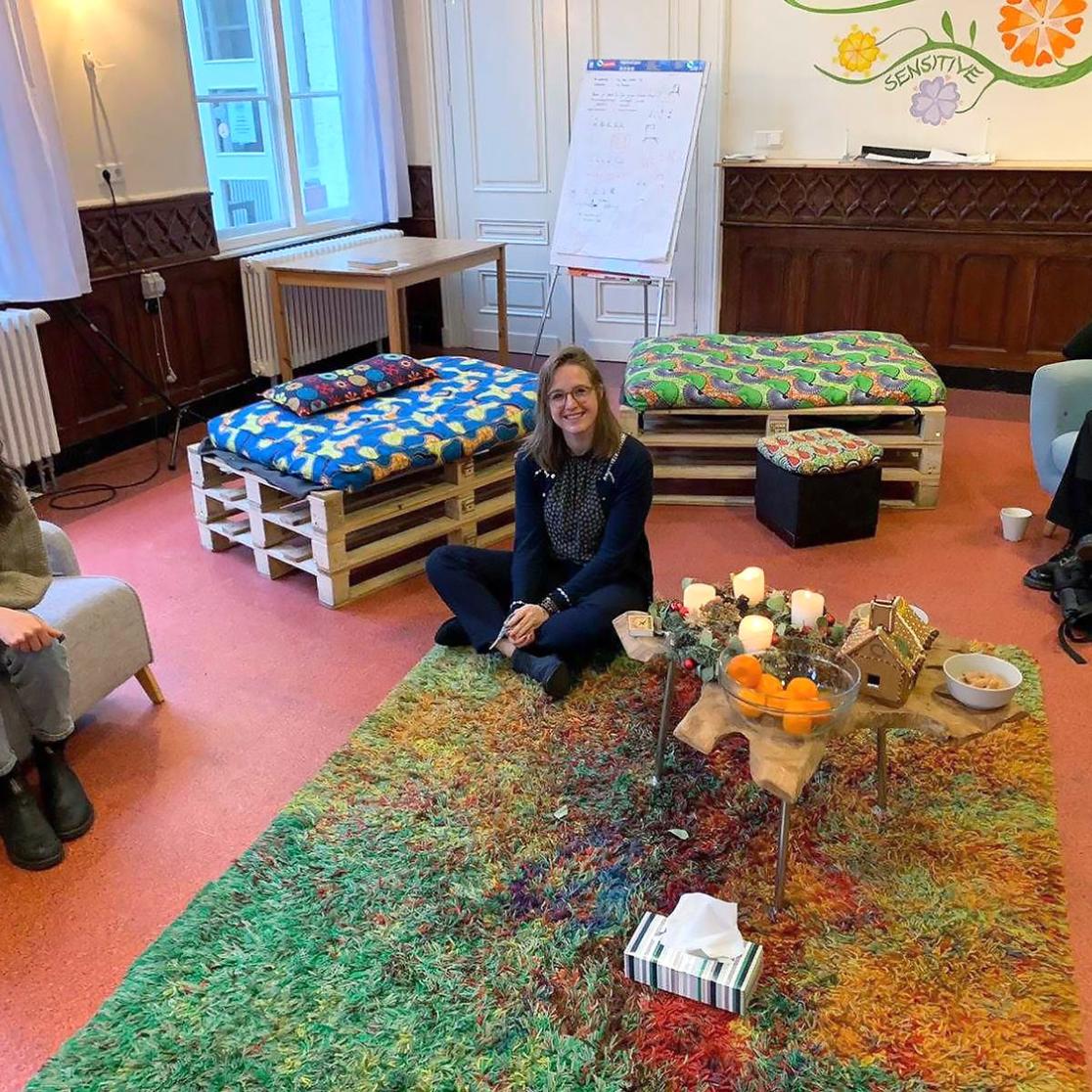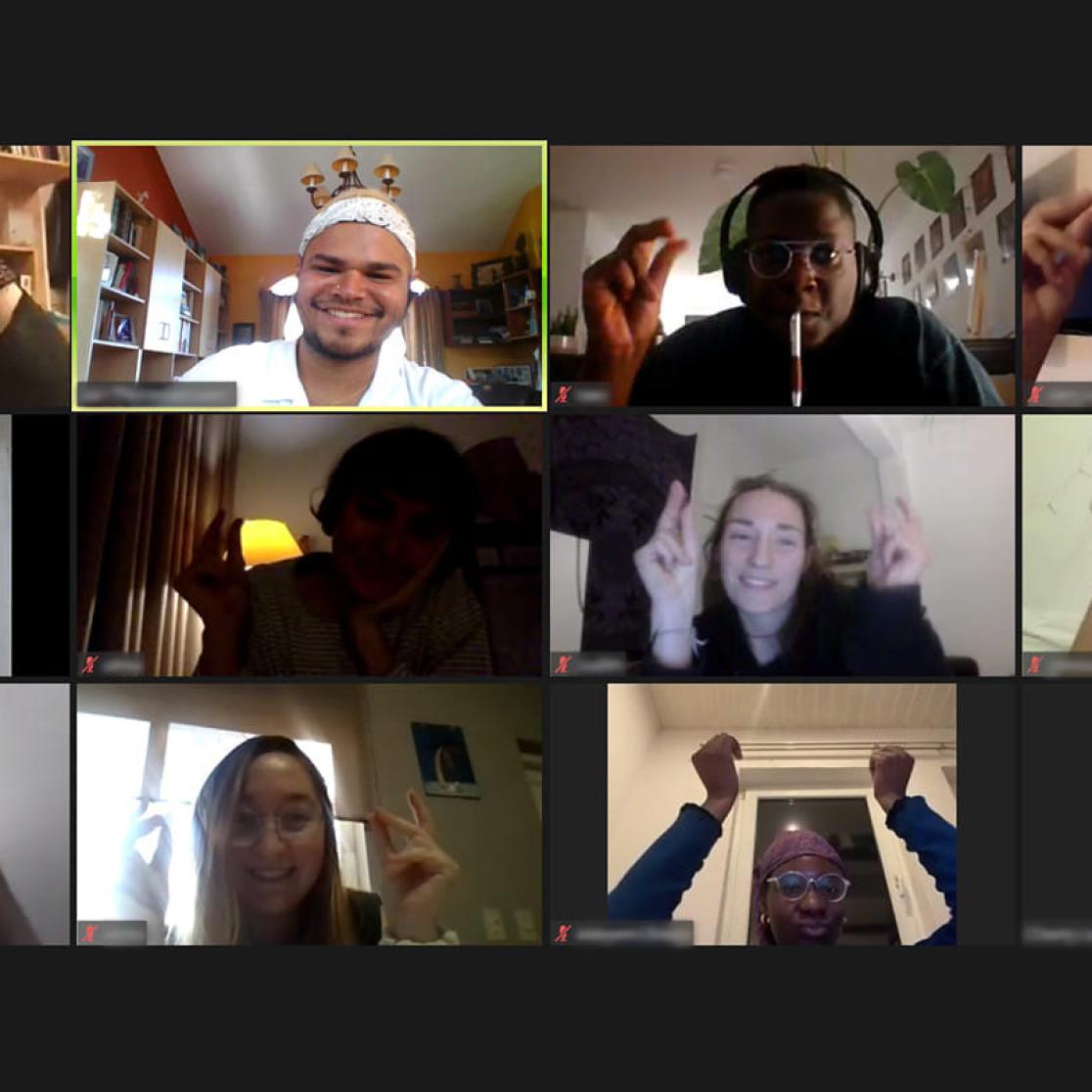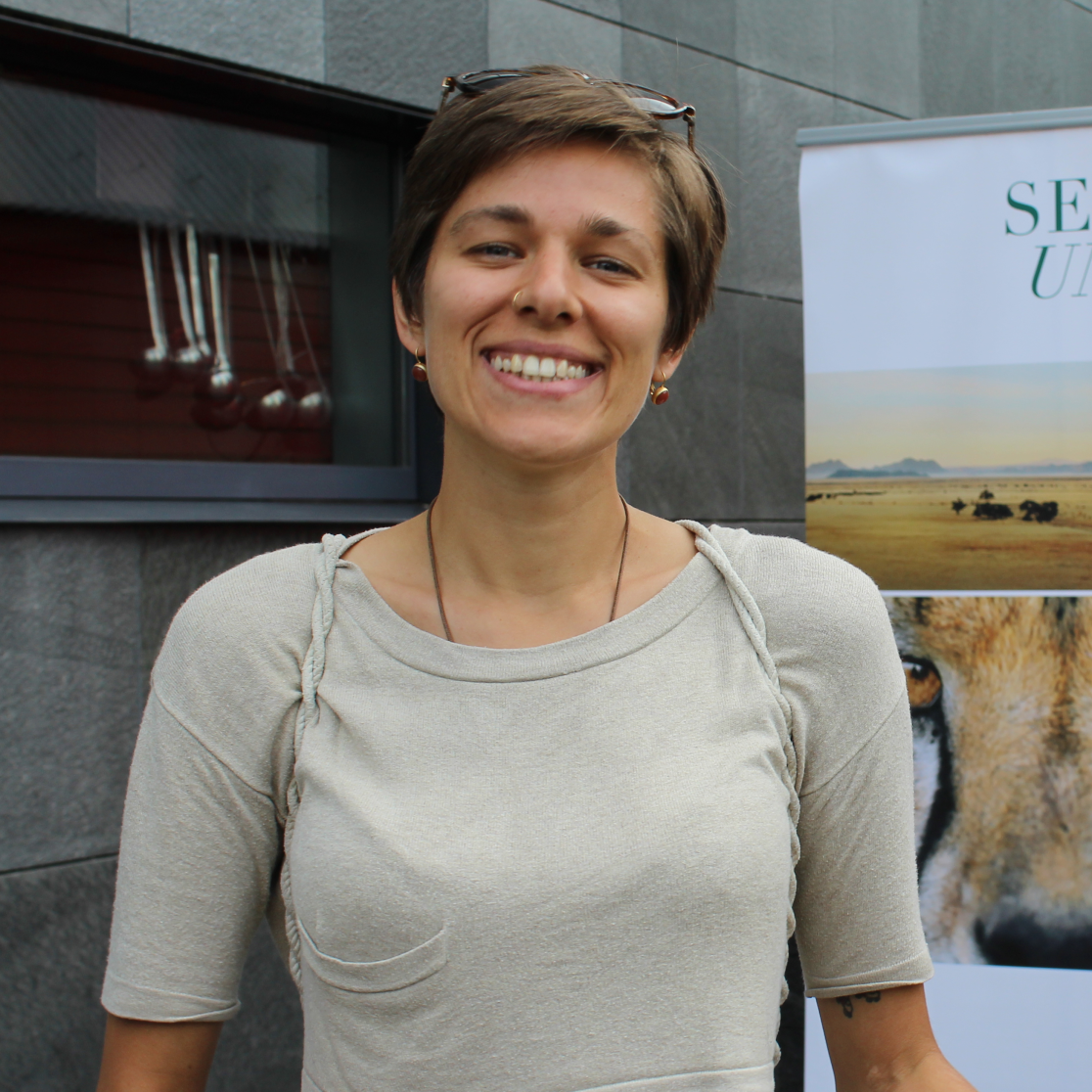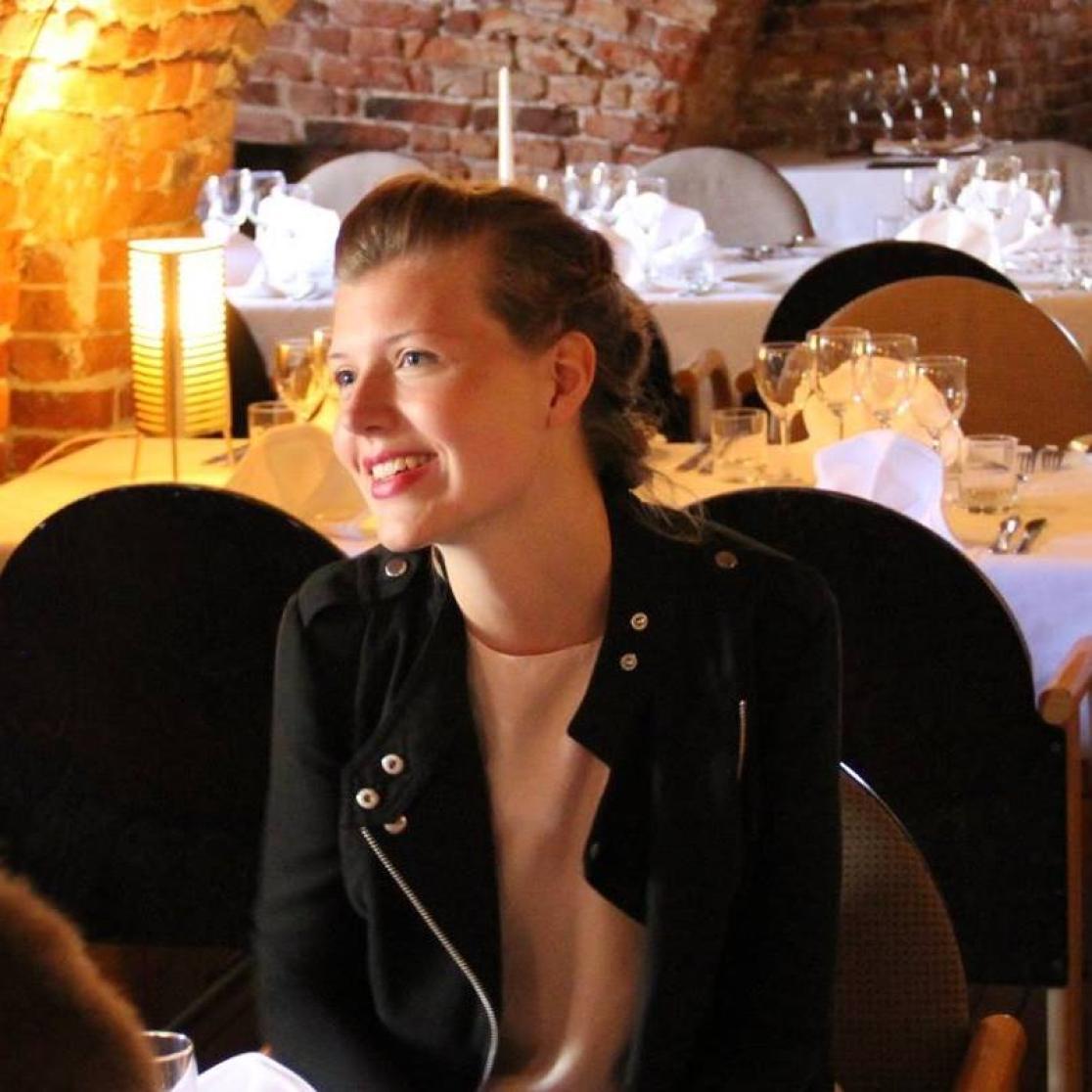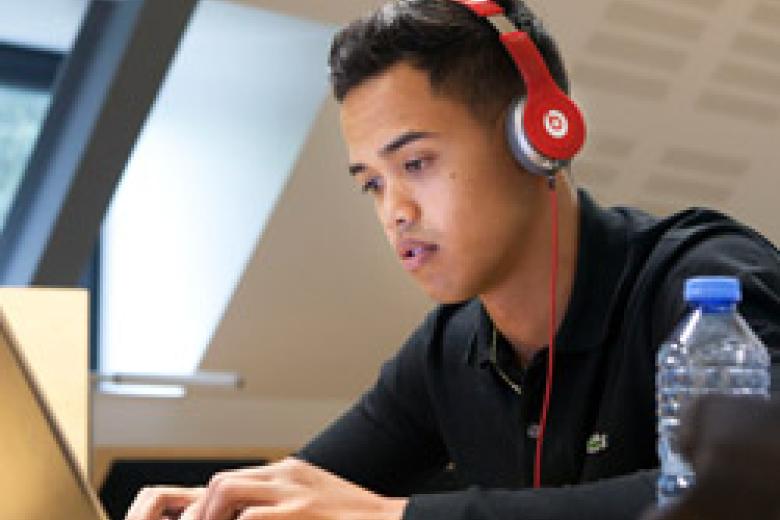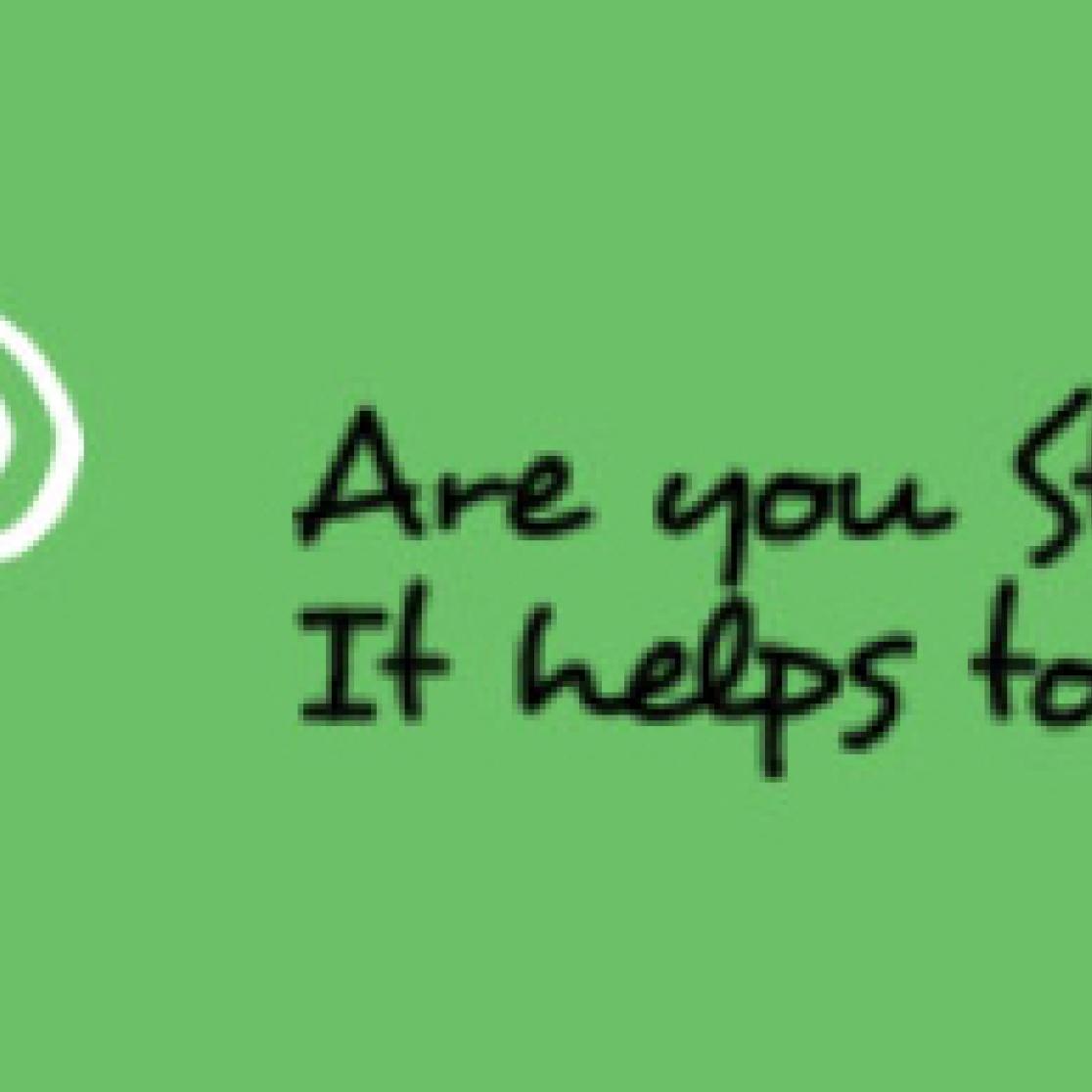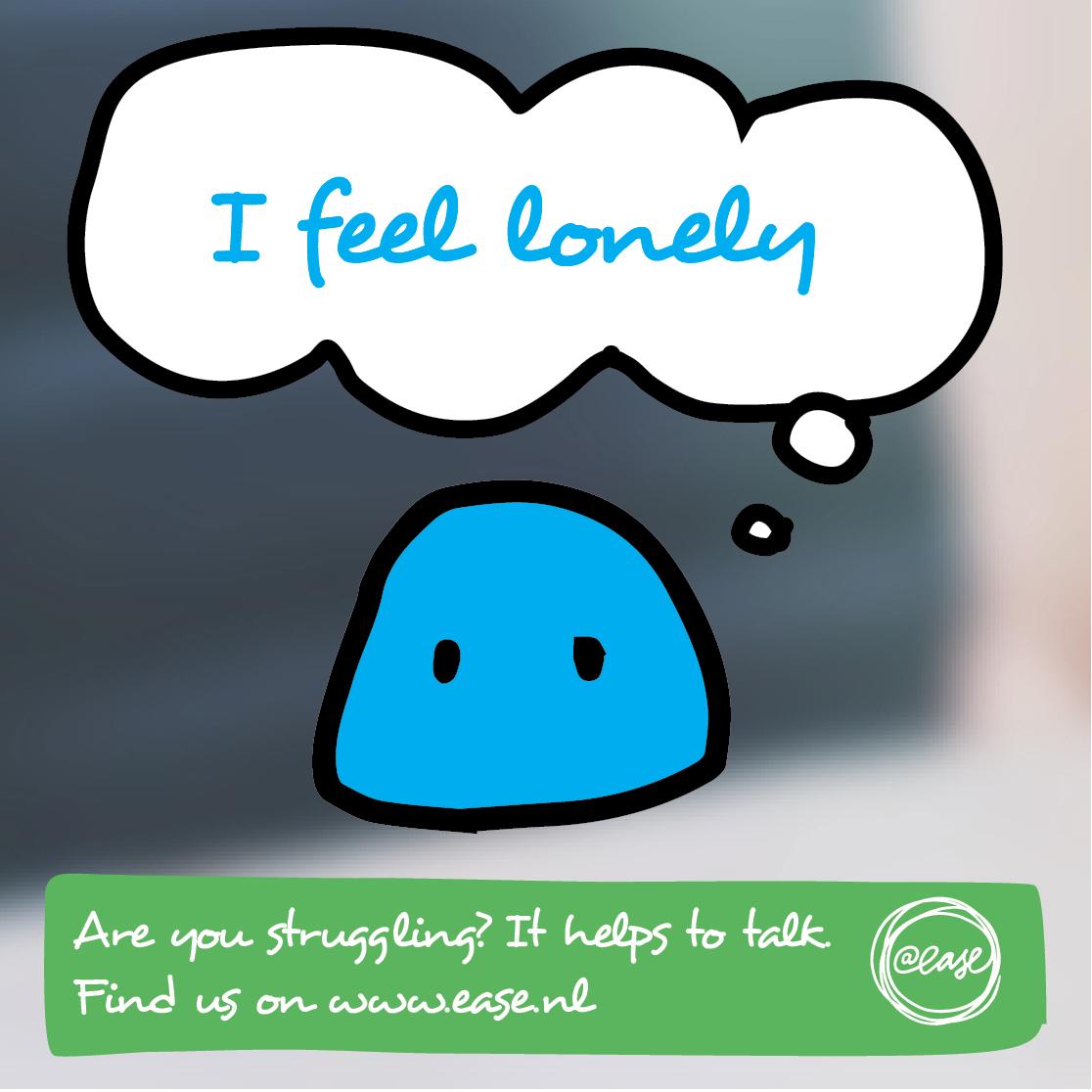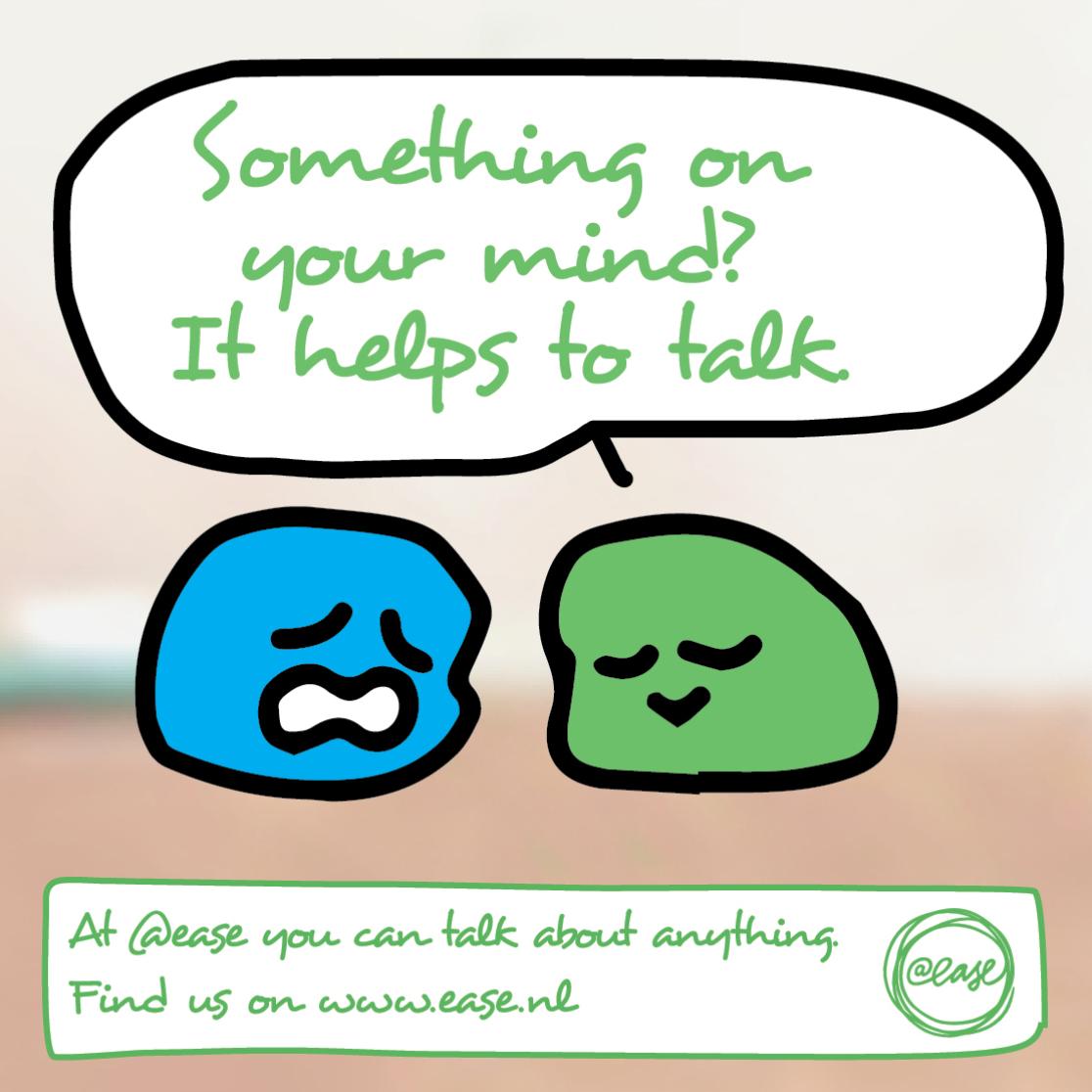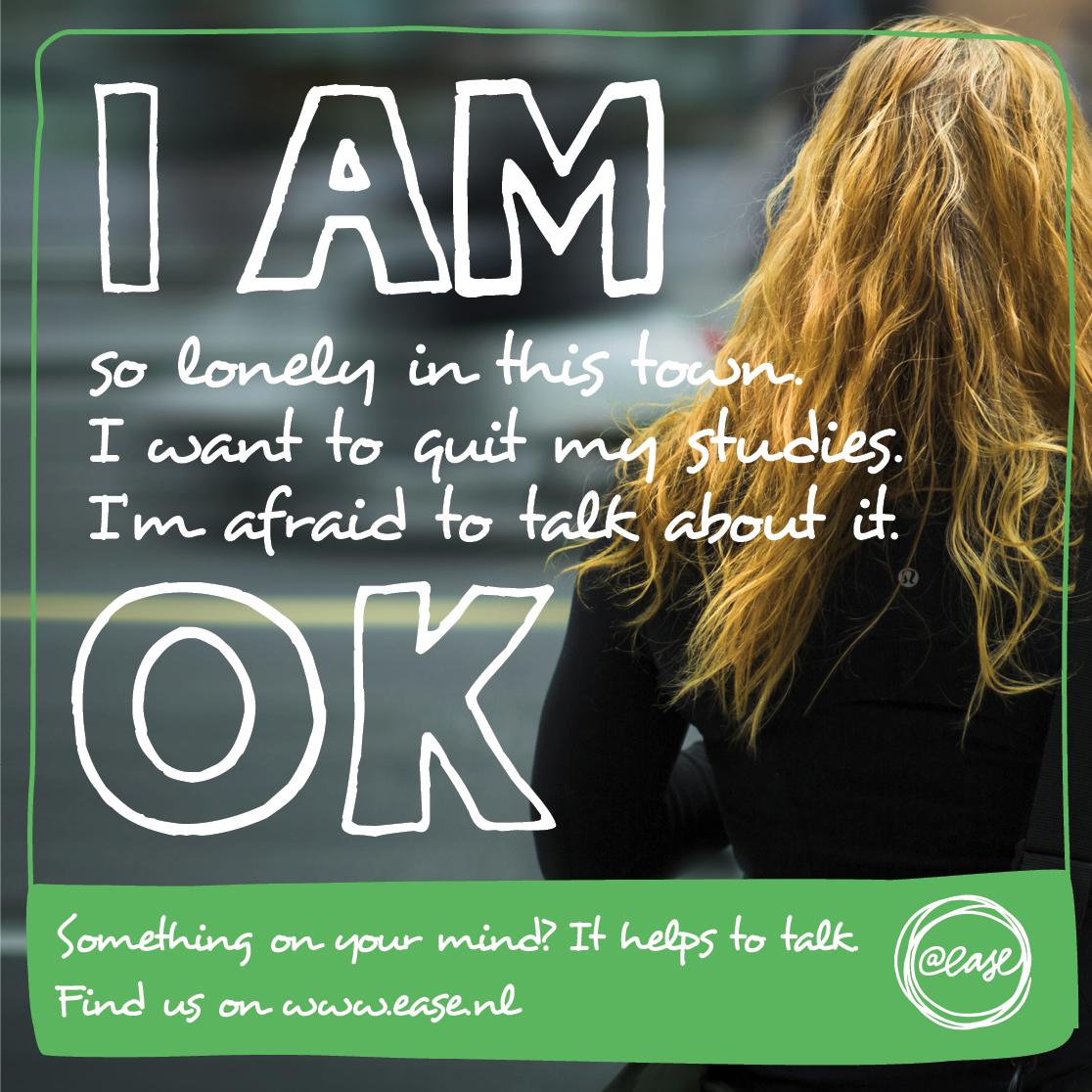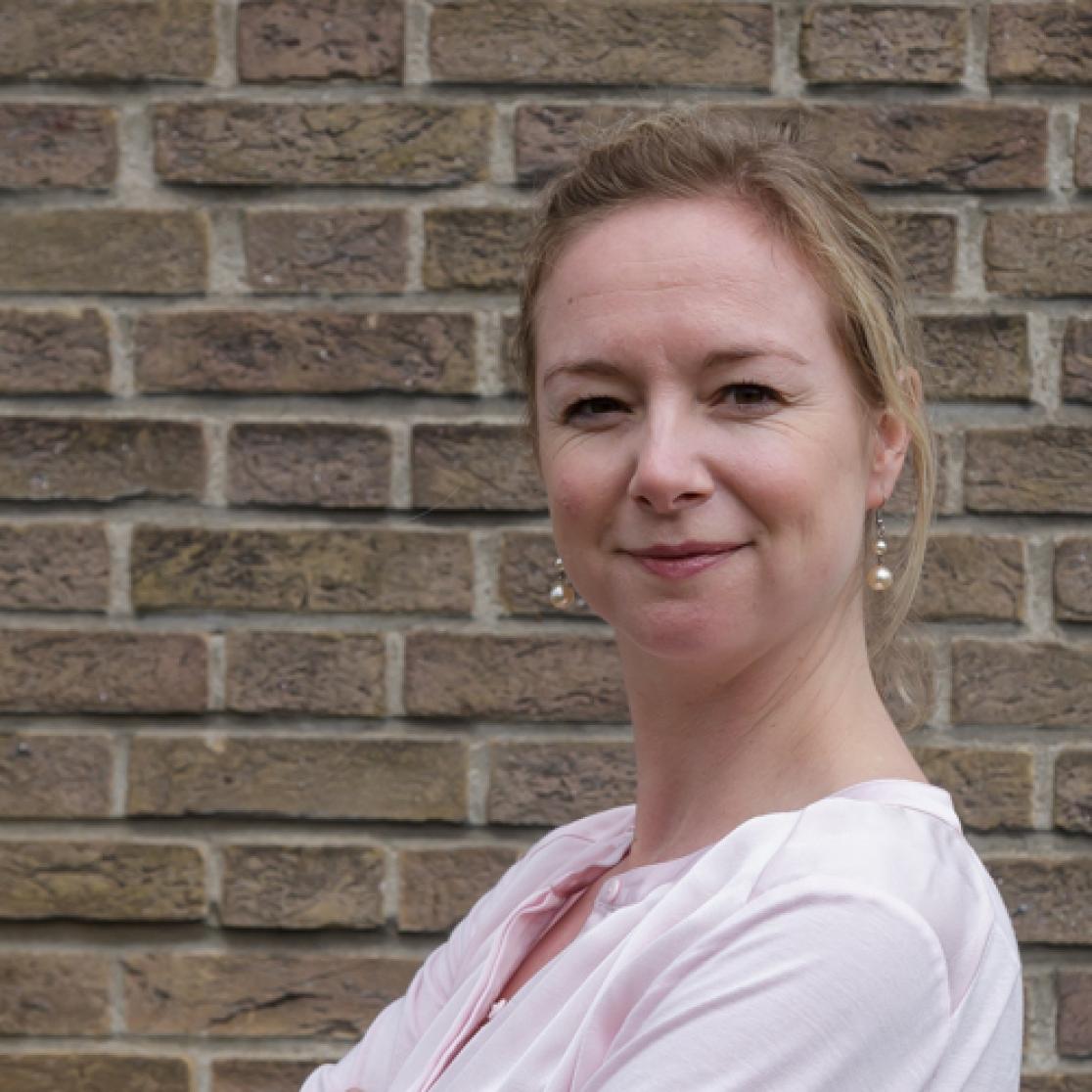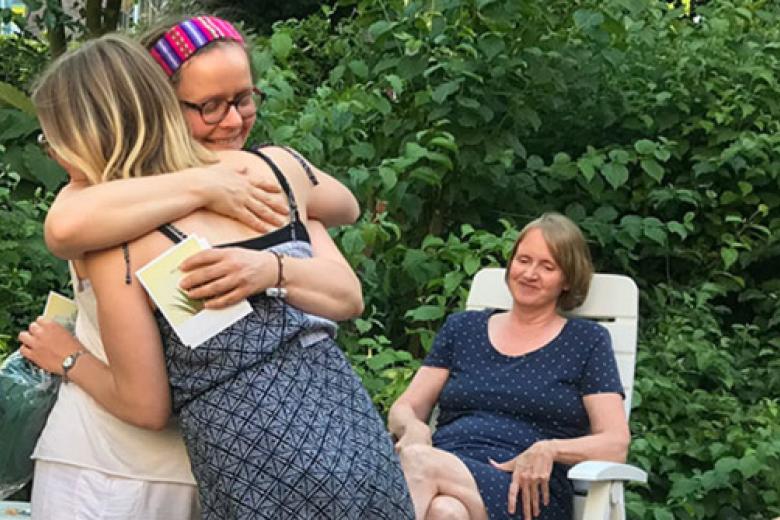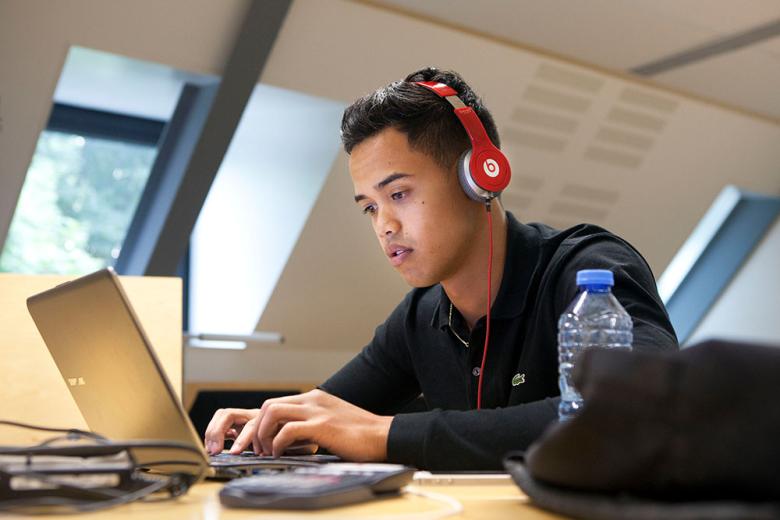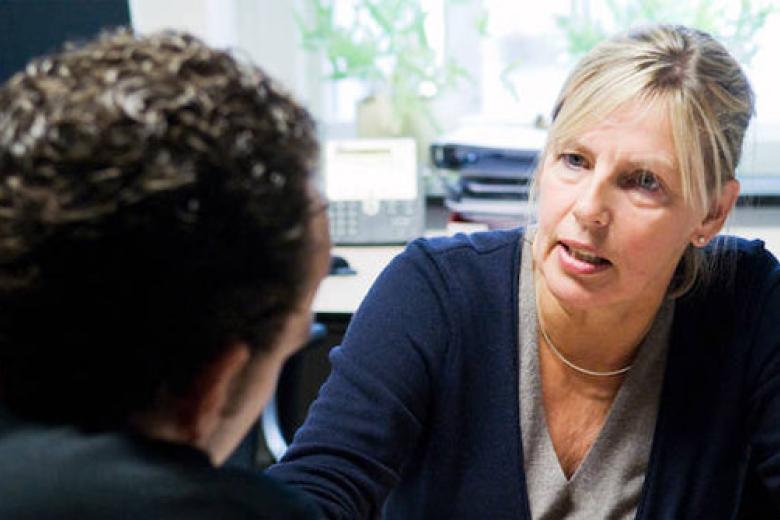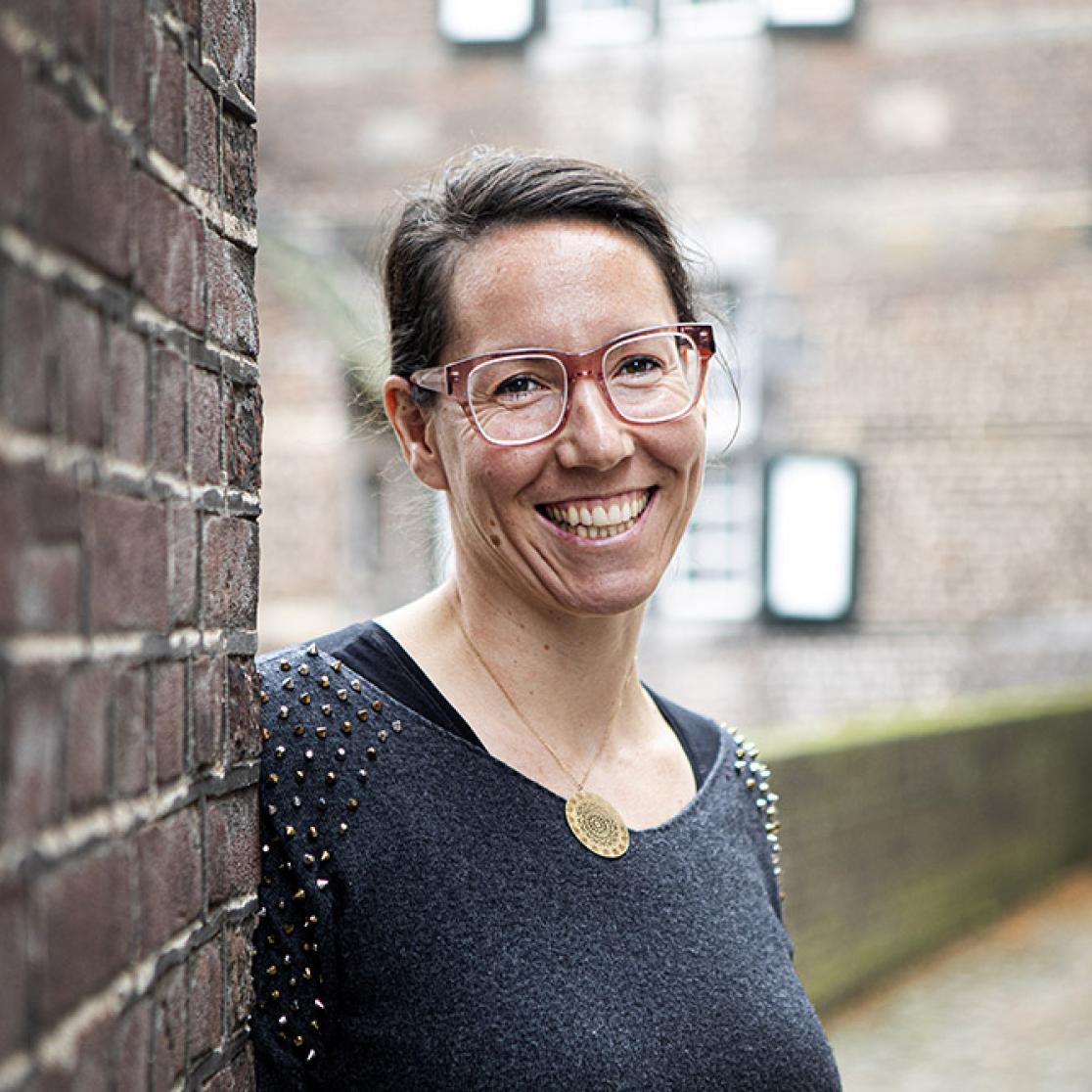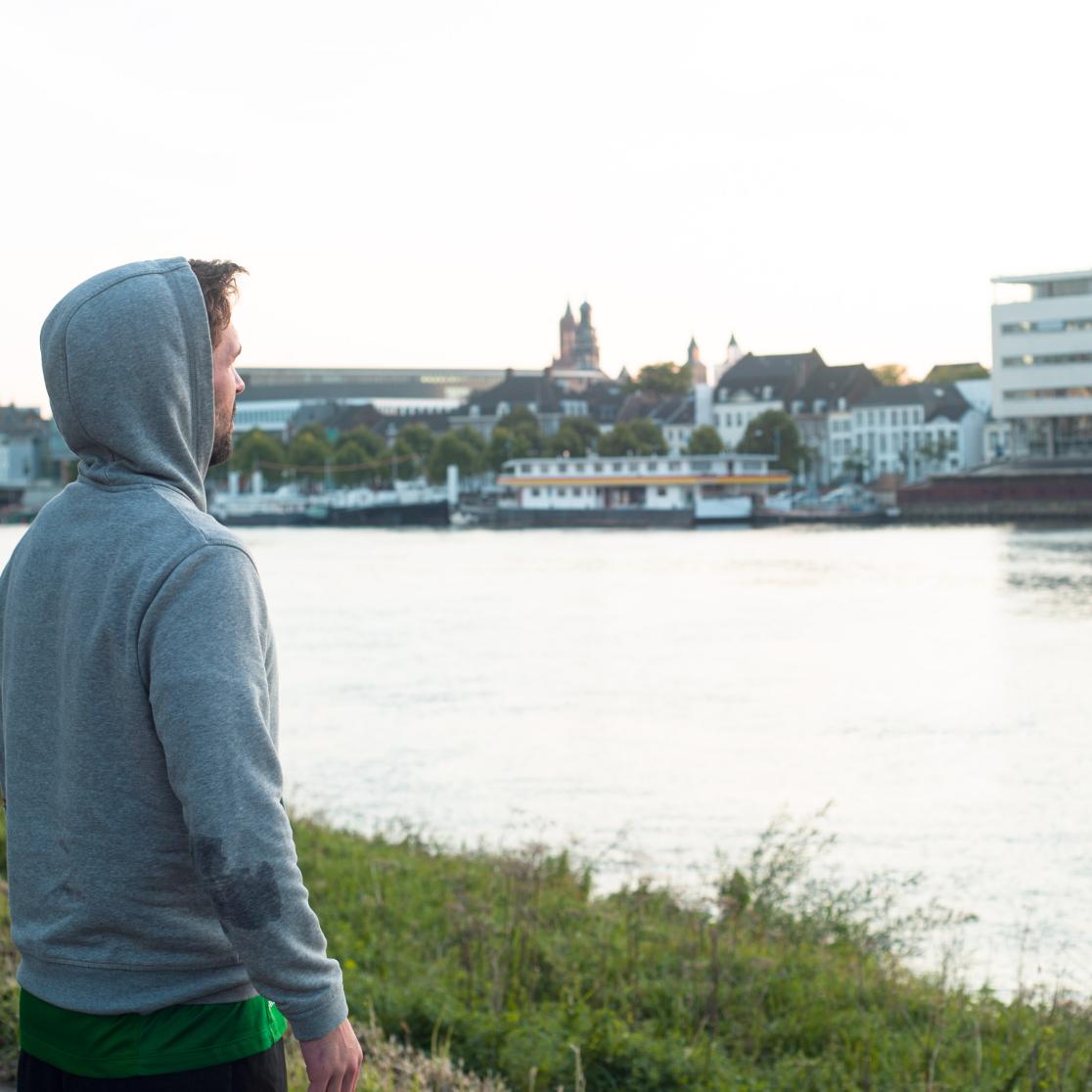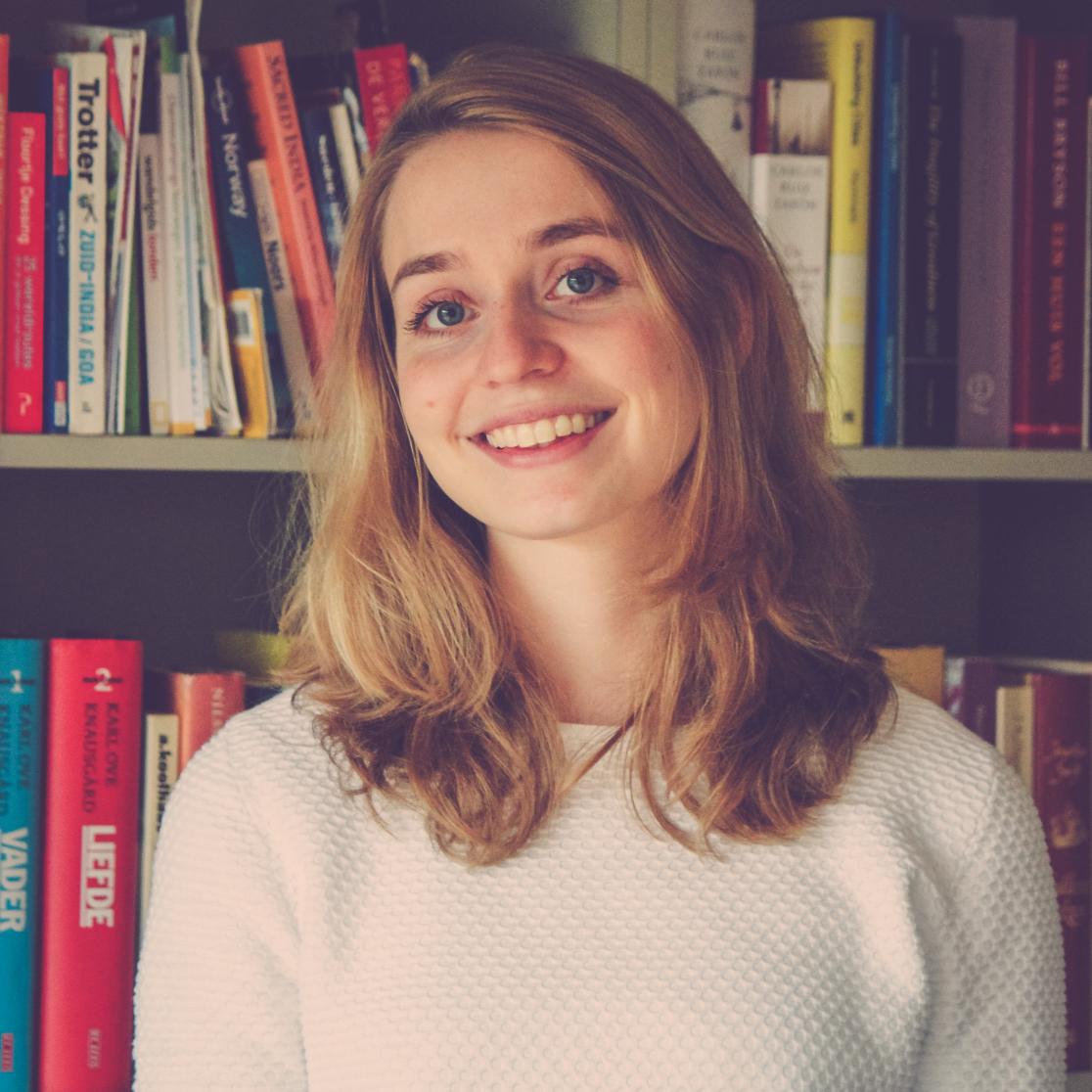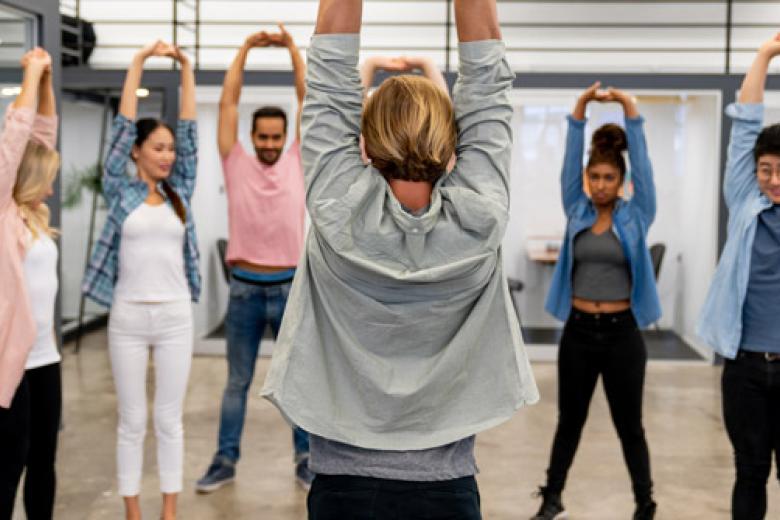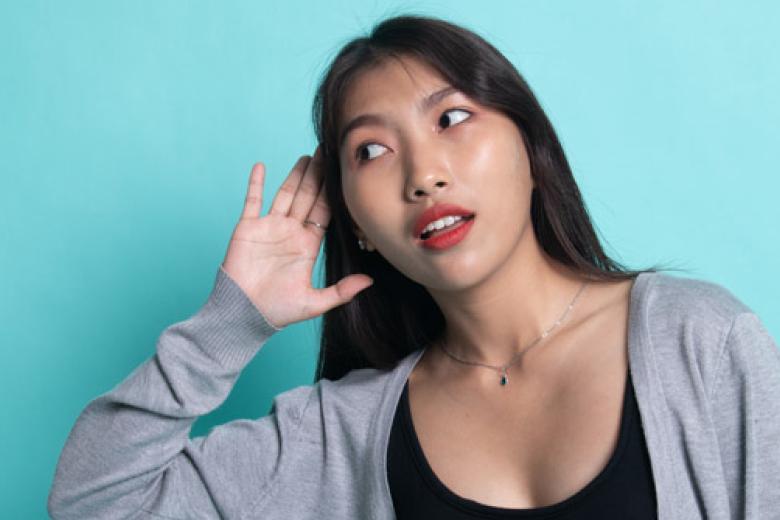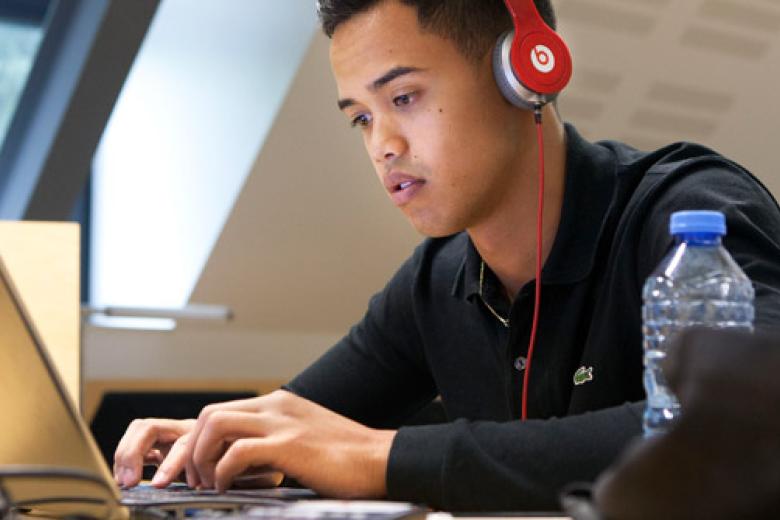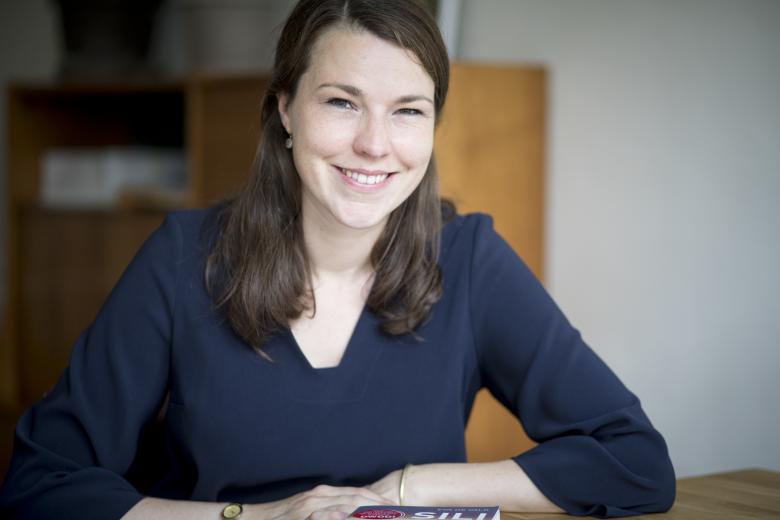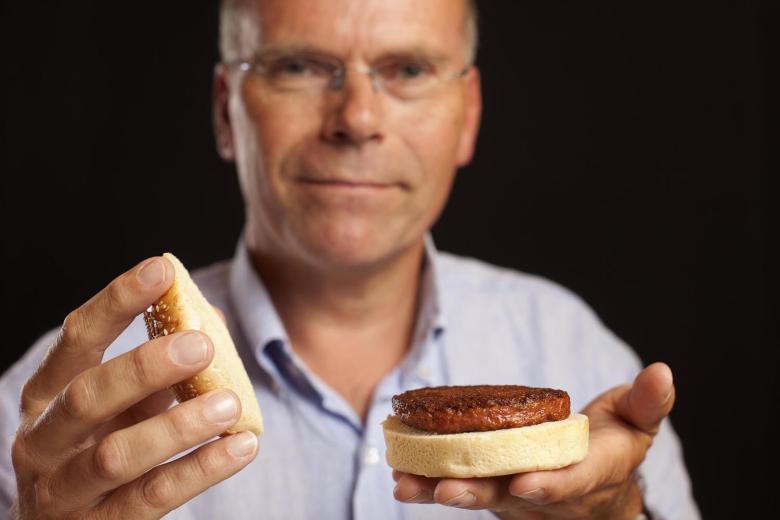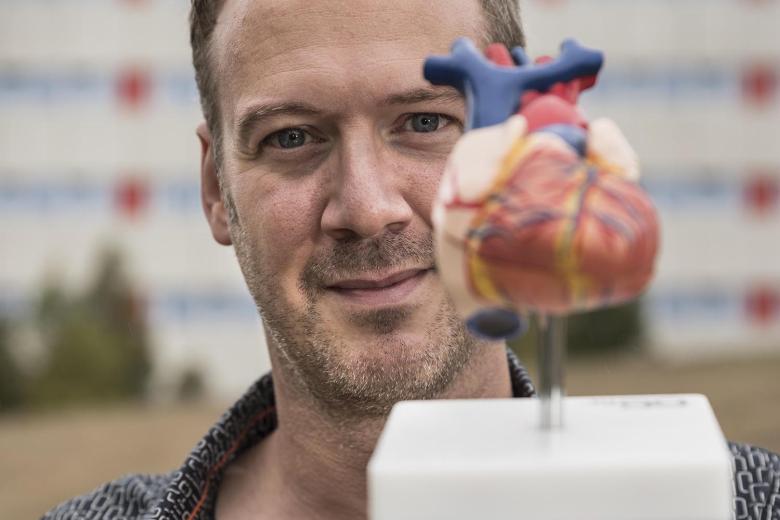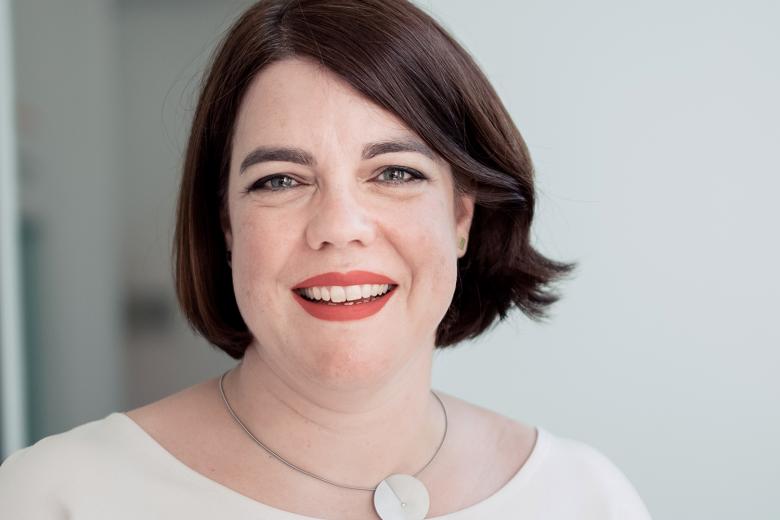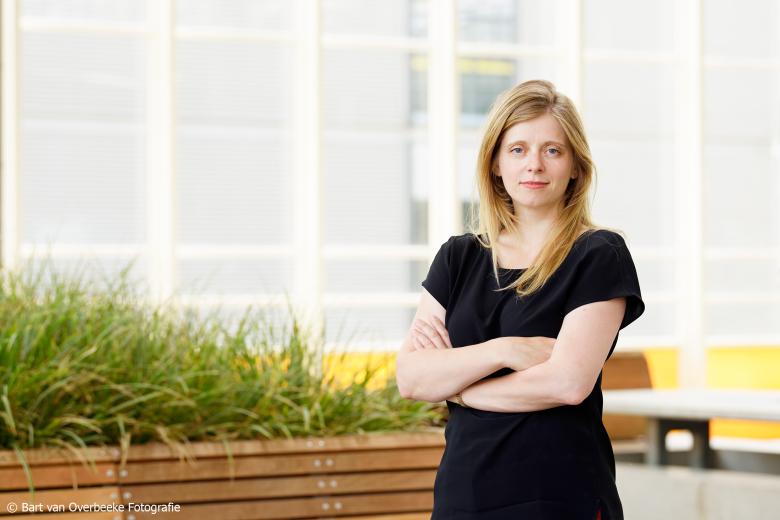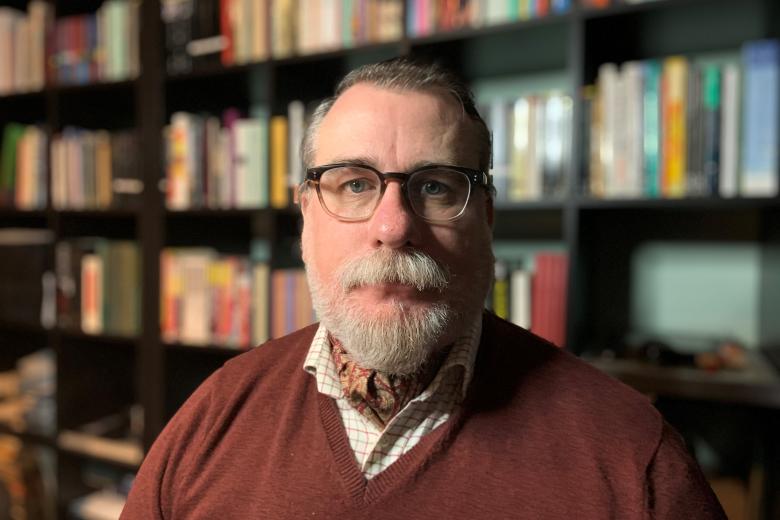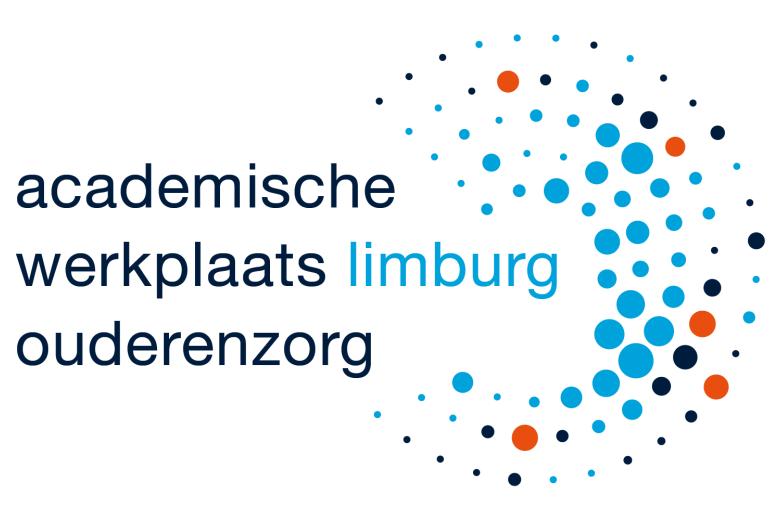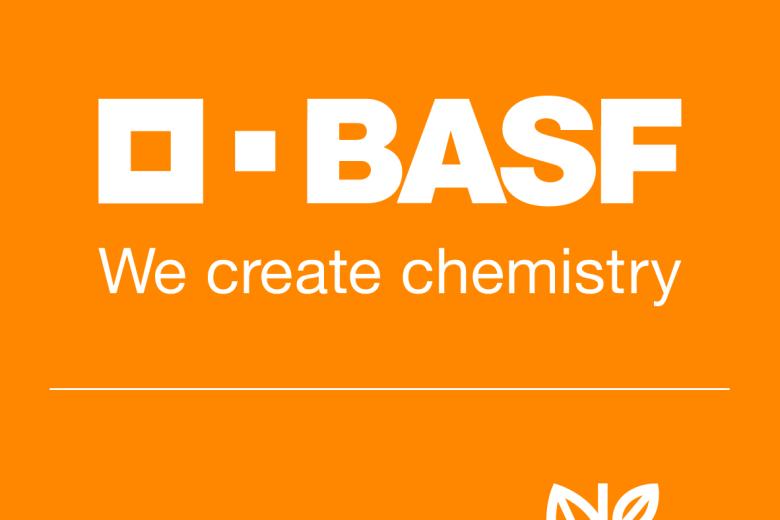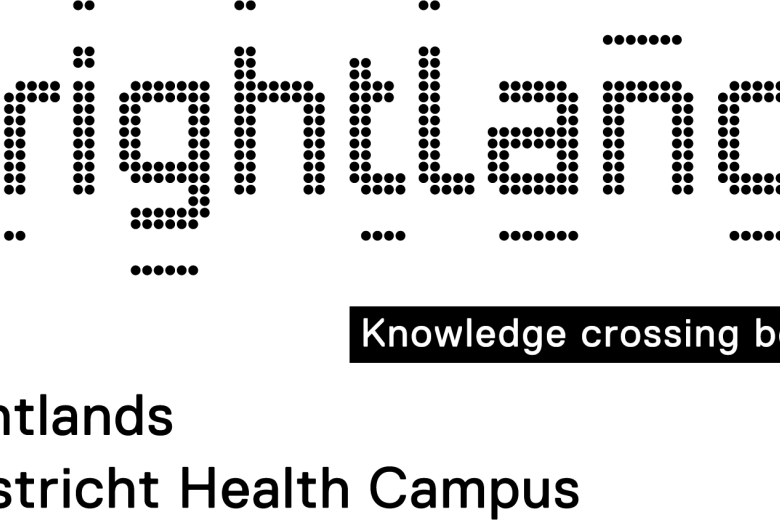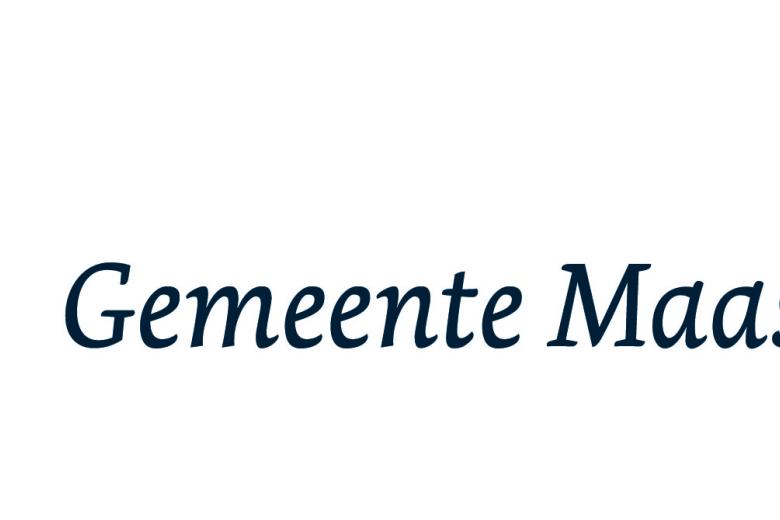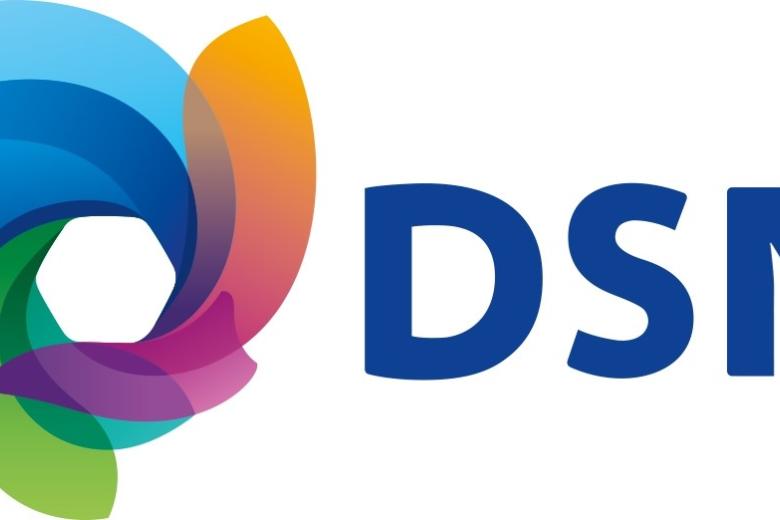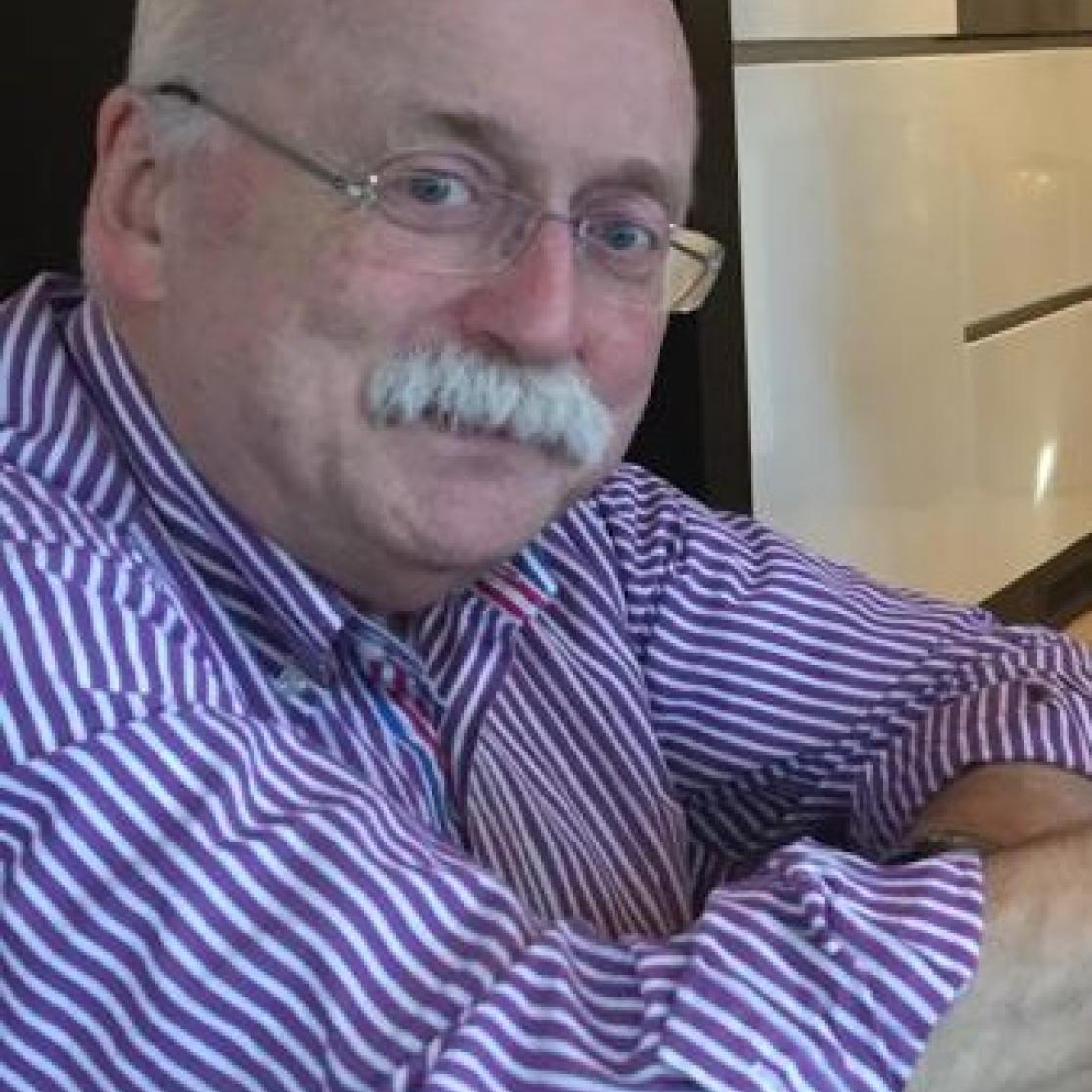Much to our sadness we learned that last weekend our former colleague Hans van Mierlo passed away unexpectedly at the age of 67. From 1987 until his retirement in 2020, Hans was a member of the Department of Microeconomics and Public Economics - previously the Department of Economics - at the UM School of Business and Economics. The highpoint of his career was his appointment as a full professor of Public Finance in 2000, which he felt to be a great honour.
Teaching was his number one passion. He stood at the cradle of the bachelor's and master's programmes in Fiscal Economics, and for decades he was the person most strongly identified with them. The door of his office was always open, in particular to students, who much appreciated him. His archive was so large though, that it could be hard to spot him amidst the stacks of books, journals and theses in his office.
Apart from his teaching, he actively contributed to the various administrative duties within the faculty. As chair of the Board of Examiners and of the Programme Committees in Fiscal Economics and Fiscal Law, his contribution was always meticulous and conscientious. The same was true regarding his work on many other, larger and smaller, committees. He truly enjoyed his work and no one ever called upon him in vain. Hans knew everyone, and everyone knew Hans. This was true not only within SBE, but also within UM as a whole. Even before interdisciplinarity became a thing, Hans enthusiastically collaborated with political scientists, sociologists and legal scholars.
Outside the university he was a passionate contributor to regional and national debates on government organisation and functioning. As an expert in Public Finance and Public Administration, he contributed to various Eastern Europe missions of the EU and the World Bank, in the wake of the Fall of the Berlin Wall.
Hans was a high-spirited, inspired and engaged man, with a positive mindset. He had a sincere interest in the people around him, always asking how they were doing. He was a people person. Hans had joie de vivre as well; he liked drinking a nice glass of wine and smoking a big cigar and, above all, having a good conversation. If his temper would lead to a clash occasionally, his enthusiasm and cooperative stance ensured that no one was angry at him for long.
The stroke he suffered in 2006 was no reason for him to slow down. Hans did his utmost to return to work fully and he succeeded, even though health problems continued to bother him in recent years. Only several months ago he retired from his position at our university, but he did so reluctantly and not until he was promised the opportunity to give a farewell lecture followed by a party, scheduled for July 2021. Regrettably, we now know that is not going to happen. With his passing, we have lost a unique, involved and warm colleague. He has meant a lot to our university, his colleagues and his students. Throughout his academic life he was devoted to knowledge and sharing it with others.
The School of Business and Economics and UM owe Hans for all the work he did for our faculty. We wish his wife and family all the strength they need to go on without him.
Contact details:
Uitvaartzorg Hans Raaijmakers
t.a.v. familie Van Mierlo
Emopad 56, 5663 PB Geldrop
You can pay your last respects to Hans on Friday 29 January between 15.00 and 16.00 in funeral home Hans Raaijmakers, Emopad 56, Geldrop.
The Eucharistic celebration will take place privately on Saturday 30 January at 10.30 in the H. Brigidachurch in Geldrop. You can follow it online via www.memori.nl/hans-van-mierlo. You can also post your condolences or favourite memories of Hans here.

